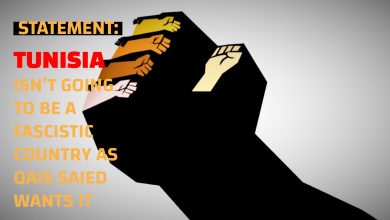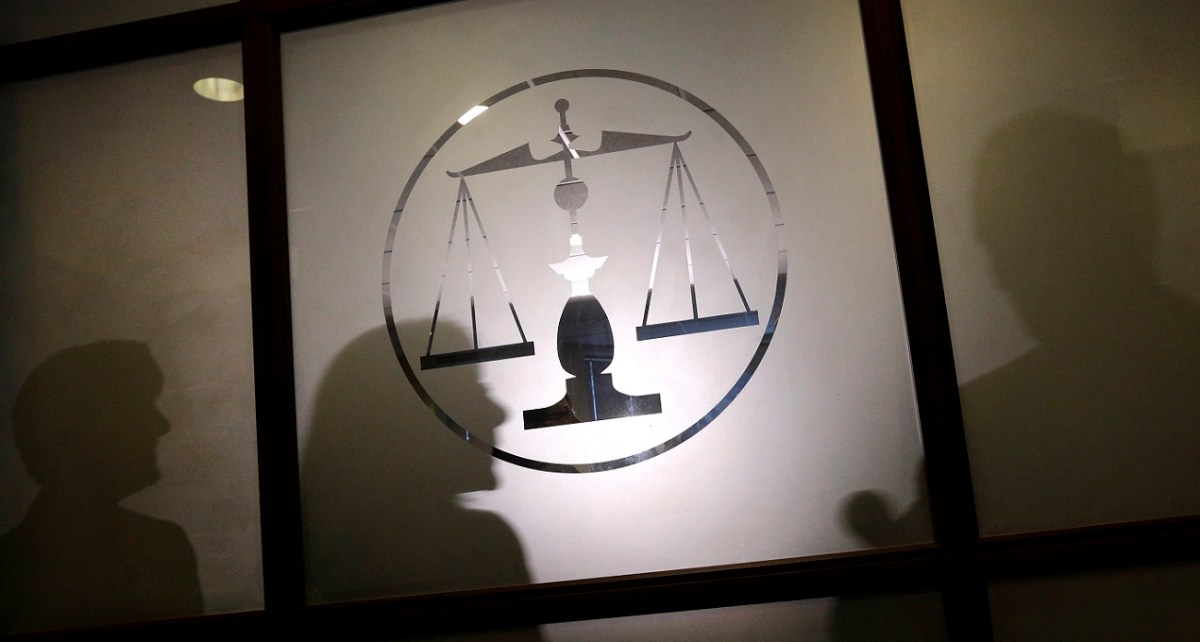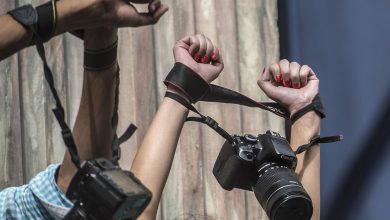Egypt: A hand that offers reconciliation and a hand that continues to torture

The Egyptian political scene continues to be worse day by day, neither torture has stopped nor the crackdown and the arrest of activists.
Despite the optimism and welcome that all political parties in Egypt confronted the reconciliation initiative put forward by the TV interviewer Amr Adib – affiliated with the Egyptian regime – which includes the release of those imprisoned for political issues, but the reality on the ground of persistence in the approach of repression and arrests dropped all legitimacy from the initiative and showed that, as usual, it was only another media bubble to distract activists from pursuing the legitimate struggle against dictatorship.
It was only a few hours after the launch of the Adib Initiative until the authorities launched new arrests of a select group of activists. A group of civil individuals with weapons kidnapped political activist and journalist Esraa Abdel Fattah from her car, while civil police raided the home of a member of the Party for “bread and Freedom” Abdallah al-Said, and arrested Mustafa al-Khatib, an Associated Press correspondent in Cairo.


Israa was presented today, Monday, October 14, 2019, to the State Security Prosecution as an accused in case No. 488, which brings together a large number of human rights and political activists, led by human rights lawyer Mahinor Masri and journalist Khaled Daoud. Like other affiliates, Israa faces many accusations at the State Security Prosecutor’s office, which is usually in linked to “join a terrorist organization, spreading false news, misusing social media.” Israa arrived at the prosecution with many injuries in her body, including bruises on her face, hands, shoulder, and many parts of her body.
Israa documented in the minutes of the investigation before the prosecution that she was severely and continuously tortured for 24 hours in her place of detention in an attempt to extract her mobile phone password, which she stated until the torture stopped.
Attacks on Israa ranged from a blurred eye to multiple blows in her hands, face and body, as well as strangling her with clothes and hanging from her hands and feet on the ground. She has documented her hunger strike in the minutes of the investigation after she had confirmed the torture she had suffered during her detention.
Despite documenting Israa’s statements and demonstrating the apparent signs of torture in her body, the prosecution has not opened an investigation into the incident, questioned her as a victim, or presented it to forensic medicine. On the other hand, in a surprising movement, she issued an order to hold her in custody for 15 days and return her to the custody of the authority that tortured her before she was brought to the prosecution – she had been threatened before reaching the prosecution – that if she spoke of torture she would receive more of it upon her return – but the State Security Prosecution turned a blind eye. They neglected all the abuses she had endured, and did not care about the danger she faced if she returned to the detention facility.
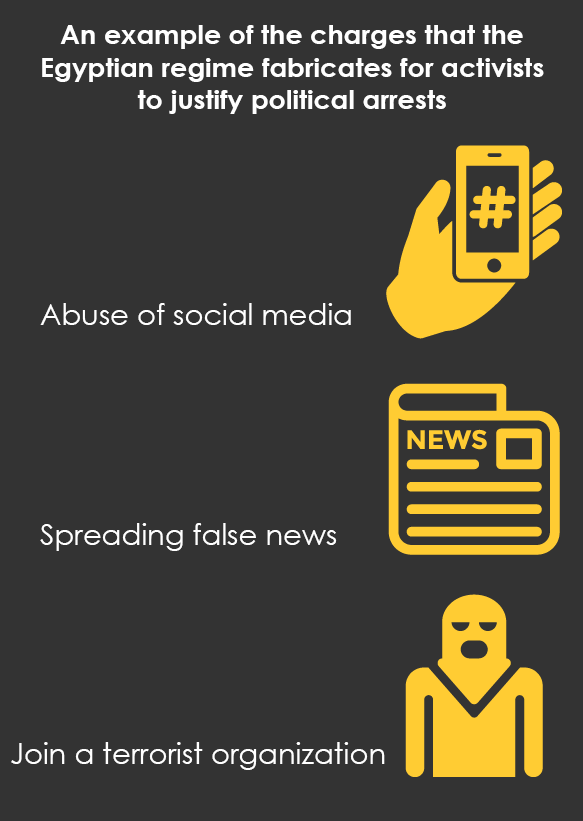
Article 52 of the Egyptian Constitution
torture in all its forms and manifestations, is a crime that does not have a statute of limitations
Article 126 of the Penal Code
Every public officer or employee who has ordered the torture of an accused person or has done so to make him confess shall be punished by imprisonment with hard labor or imprisonment from three to ten years
This comes a few days after the activist Alaa al-Fattah and human rights lawyer Mohammed al-Baqer, in a renewal of their detention before the State Security Prosecution, also admitted that they were subjected to torture upon their arrival in Torra 2 high security prison after the prosecutor’s decision to hold them for 15 days.
The prosecution’s disregard for the torture of the accused is a clear violation of Article 52 of the Egyptian Constitution, which states that “torture in all its forms and manifestations, is a crime that does not have a statute of limitations. “
Article 126 of the Penal Code criminalizes the torture of an accused to make him confess, stating that “Every public officer or employee who has ordered the torture of an accused person or has done so to make him confess shall be punished by imprisonment with hard labor or imprisonment from three to ten years.
The texts of international human rights conventions, such as the Universal Declaration of Human Rights, the International Coventions on Civil and Political Rights and the Convention against Torture included many texts dealing with the crime of torture and reducing and criminalizing it.
“#Torture” is the answer of the #Egyptian_regime to those who claim their rights#Free_baker#Free_alaa#egypt#DAAMhttps://t.co/lOok0hXkAI
— DAAM (@DAAM_Center) October 11, 2019
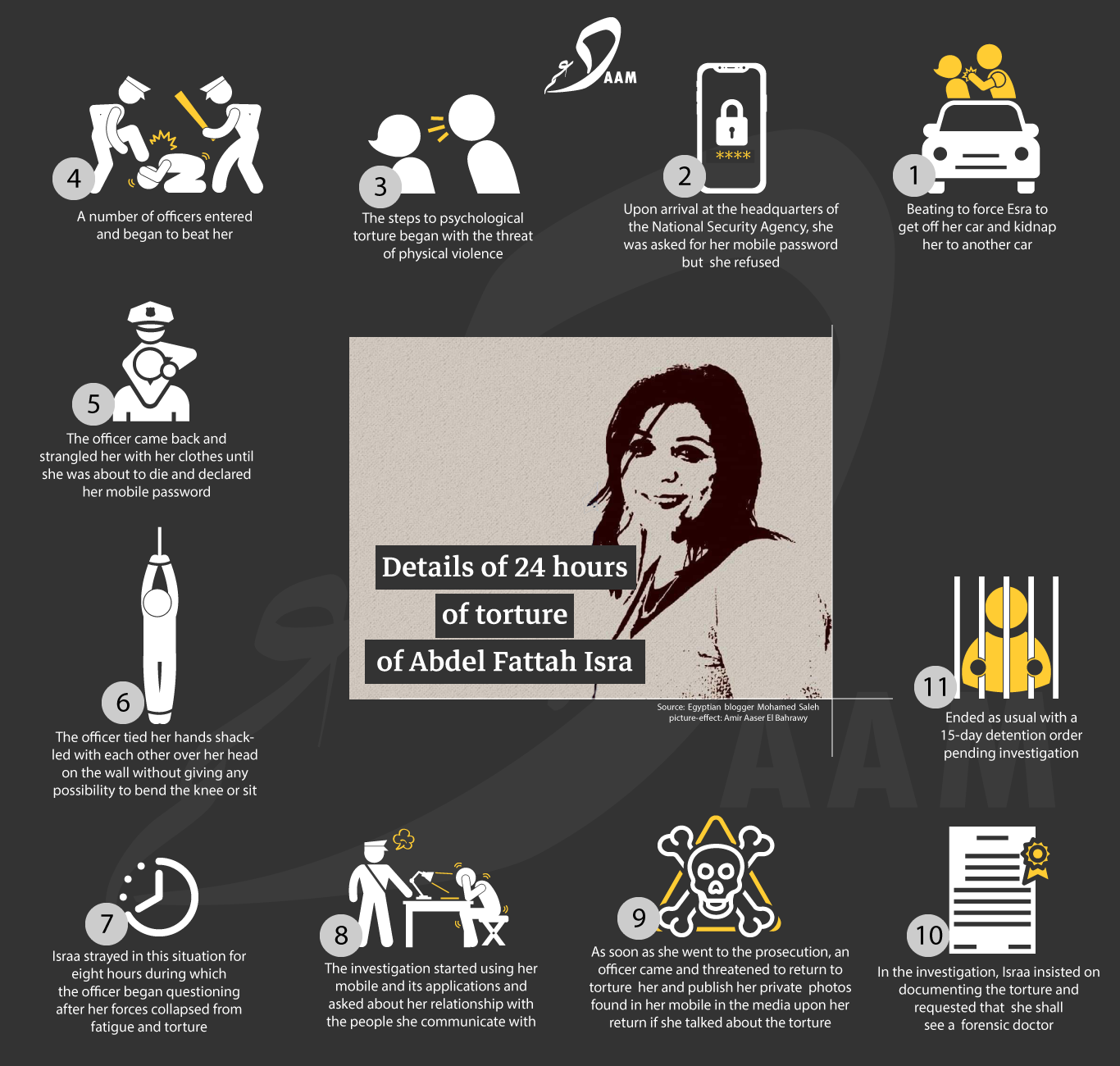
Article 3 of the Universal Declaration of Human Rights, adopted by the United Nations General Assembly on 10 December 1948, states: “Everyone has the right to life, freedom and security.”
Article 5 of the same Declaration states that “No one shall be subjected to torture or to cruel, inhuman or degrading treatment or punishment”. Article 7 of the International Covention on Civil and Political Rights, adopted by the UN General Assembly on 16 December 1966, states that “no one shall be subjected to torture or to cruel, inhuman or degrading punishment or treatment”. Article 10 of the same convention states: “All persons deprived of their liberty shall be treated with humanity and with respect for the dignity of the human person.”
Article 1 of the Convention against Torture also defines torture as “any act that results in severe pain or suffering, whether physical or mental, intentionally inflicting on a person with the intent to obtain information or a confession, or to punish him or her. To commit, intimidate or coerce him or any third person – or when such pain or suffering is inflicted on any grounds of discrimination of any kind, incites, agrees or is silenced by an official Or any person acting in an official capacity not including pain or suffering arising solely from or accompanying legal sanctions Which is incidental to. “
The Democratic Transition and Human Rights Support Center (Daam) emphasizes that torture has been banned by the international community based on the UN General Assembly resolution 52/149 of December 12, 1997, with the aim of completely eliminating torture and activating the performance of the Convention against Torture and other Cruel, inhuman or degrading treatment or punishment, where torture is considered a grave offense under international law.
Details of 24 hours of torture of Israa Abdel Fattah, according to a post by Egyptian activist Mohamed Saleh:
These violations coincide with the continued detention of more than three thousand Egyptian citizens for indiscriminate arrests in the streets of Cairo and the interior governorates in the wake of the September the 20th demonstrations.
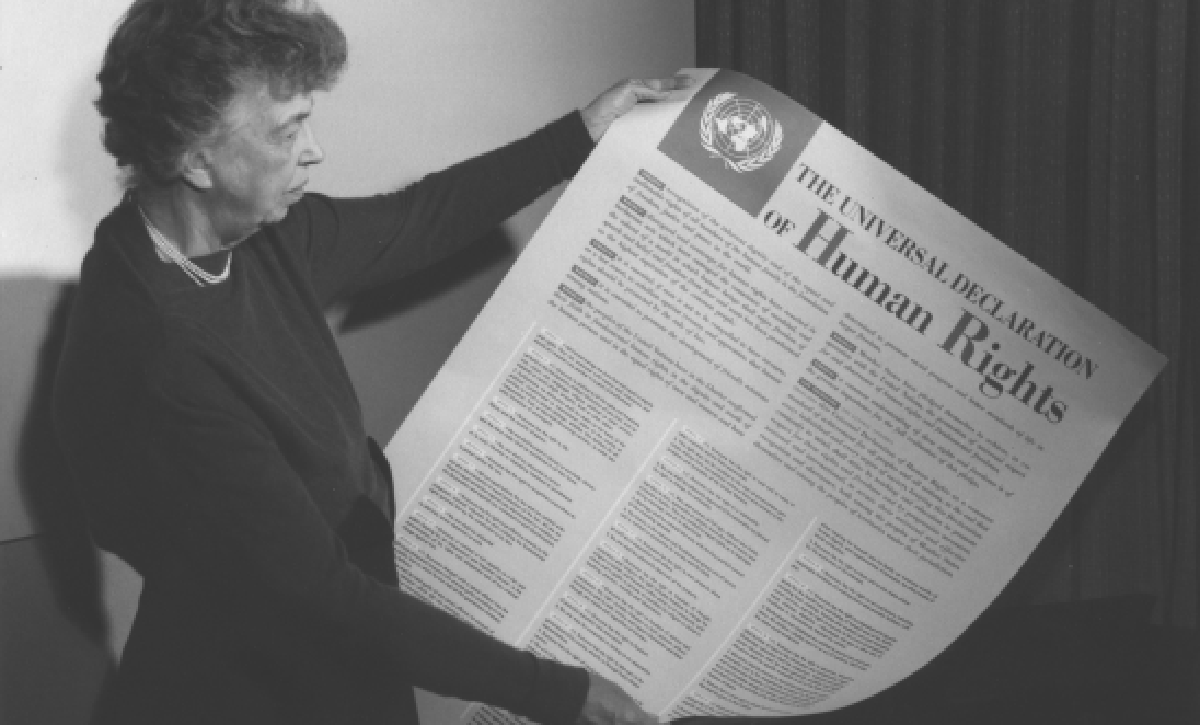
DAAM calls upon the Egyptian judiciary, represented by the Attorney General, to open an urgent investigation into the violations against the above activists and the others detained in connection with the September 20 cases. The existence of real evidence and recognition from the head of the judiciary in full view of all, instead of pursuing peaceful demonstrators and political activists, as there is no way to establish a just state if its judiciary is not freed from the grip of the executive branch and play its real control and accounting role.
DAAM Center expresses its support to all activists and citizens in the Egyptian prisons, and reiterates its continued defense of their legitimate rights and freedom.

